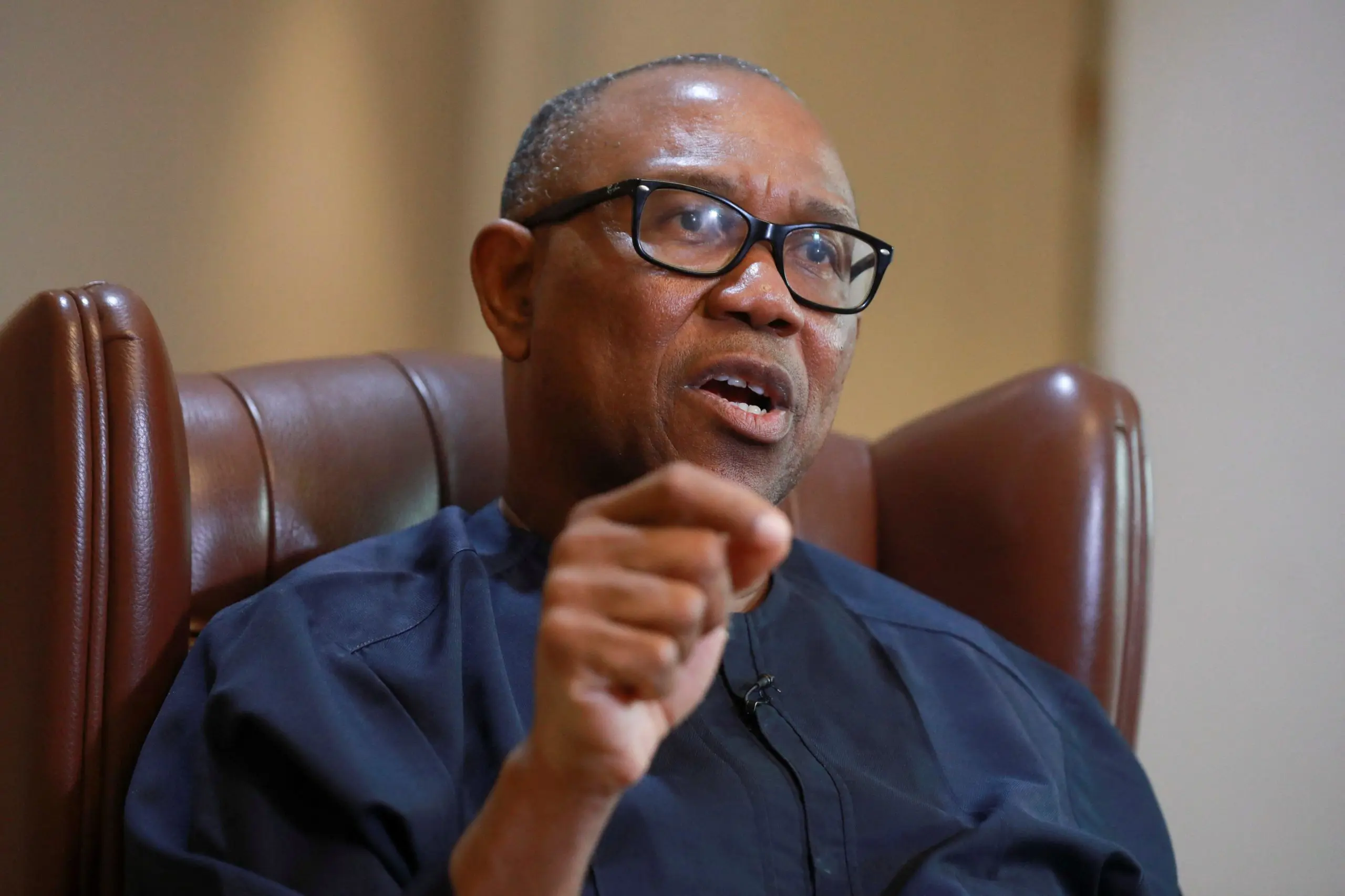The Group Chief Executive Officer of the Nigerian National Petroleum Company Limited, Mele Kyari, has said that the prosperity of Nigeria as a country will come from the effective utilisation of its gas resources.
Kyari said this on Saturday while delivering his address at an engagement session between NNPCL and the Nigerian Association of Petroleum Explorationists.
He said that the gas resources in Nigeria have become so important as they are expected to provide power, boost industries.create employment and wealth for Nigerians.
The GCEO underscored the significance of prioritizing natural gas production and supply, particularly in the context of geopolitical dynamics and energy security in the global economy.
With Nigeria boasting substantial gas reserves exceeding 200 trillion cubic feet (Tcf) and a potential to reach 600 Tcf, the GCEO said it is pertinent Nigeria leverages the gas resource for sustainable development, energy security, and job creation.
He noted that the vision of the NNPCL for the energy sector aligns with the federal government’s “Decade of Gas” initiative, aimed at optimizing Nigeria’s abundant gas reserves for both domestic consumption and international export.
He said, “When we talk about exploration or drilling, and this is what we are doing to make sure that we meet Nigeria’s energy security until the market takes its shape. All the reforms that we are doing today clearly show we are on the good path. We are on the path we to ensuring energy security.
“We have seen the opportunities and the necessity in developing gas as a company. It is the next environment of value for our company. In our country, we know that the next prosperity will come from gas.
“It will provide power, and it will encourage gas space industries.it will create employment and, of course, overall value for our country.
“So, we are very focused on it, and yes, it is not a good thing more countries ate out of the shores of this country, so we support all of them. We are not competing with any company in this country.”
Kyari added that as a key stakeholder, NNPC Ltd is currently playing a leading role in attracting nore investments agenda through strategic partnerships in critical gas infrastructure projects.
He said, “We are their facilitators, and they are our partners. We have to help our partners, and we are helping them. That means we are going to grow those partnerships and those engagements in such a way that value can be created for everybody.
“And that is why we are currently working with those that will potentially come into the new space that some will have to leave. We will work so that we will build this local capacity efficiently so that, ultimately, what didn’t happen in the last 10 – 12 years will happen very, very soon. Those investments will come because the world needs it, and we know what we are doing.
So, as a company, the purpose of building those relationships is so that we increase value both on the oil and on the gas. We are also not oblivious to the realities around us.
“Yes, energy transition is real, and as a company, we have taken very strategic steps towards being a very good player in that path. We have taken a position on this. We will make the money from the oil and put it into the renewables.”
Earlier in his address of welcome, the NAPE President, Abiodun Ogunjobi, saod for about five decades, NAPE as an association has always been creating a platform to discuss and advocate for policies that shape the way stakeholders operate in the oil and gas industry in Nigeria.
He said, ” Our GCEO Mele Kyari, a disciplined fellow of NAPE and geologist has contributed tremendously to the transformation efforts of NNPCL making his presence here a valuable opportunity for us to share his ideas and opinions on how we can navigate the pathway forward in the transformation of the oil and gas industry in Nigeria.
“As we gather here today, we must address pressing issues in the oil and gas industry that demand urgent intervention.
“Over the years we have been bringing stakeholders, and practitioners to a table to discuss some of the challenges that are confronting the industry and on numerous occasions, we have issued communique on policies and opinions on how those challenges could be navigated.”
He called on the government to ensure that the decline in fresh investments in the oil and gas sector was quickly addressed.
Ogunjobi added, “We commend the president’s executive order aimed at attracting investment, optimising resources, and also diversifying the economy.
“NAPE has consistently been advocating for such policies in terms of challenges to foster the industries to spend more in training and exploration activities.
“When we discussed the decline in investment in the oil and gas industry from 2014 on an average of $22bn, we saw a decline of up to $6bn in the industry. This has resulted in a low level of production that we have seen in recent times.
“So, to restore us to the post-two billion barrel production we have been doing for quite a while will require a deliberate investment in the exploration and production activities.
“Despite our projections over the years of 40 billion barrel reserves and 600 tcf of gas, we have consistently remained at the threshold of 37 billion barrels of oil and 209 tcm of gas.
“However, the good news is that our basin from the shallow water to the offshore, to the land and also the recent land basin, we have the basin that can deliver this volume for us.
“However, in tackling these challenges, we must be intentional in our activities through strong collaborations between the NNPCL and integrated operators.
“For efficient gas production and utilisation, we will need to upgrade all our existing and add more infrastructure to our gas development system.”
He also said there is a need to leverage technology and foster a skilled workforce that can be crucial for the industry to deliver these objectives.
“The time to increase your oil and gas production is now and it requires an intentional workforce such that we can use the resources that we have and navigate our way through the transition phase to the new mega-change dynamics,” he concluded.











